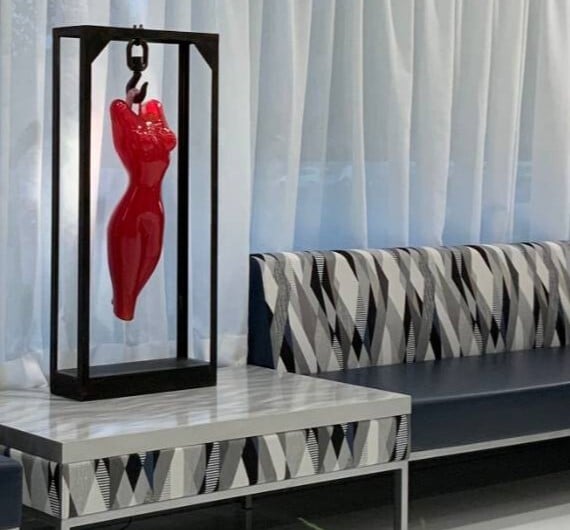Breast Procedures in Long Island & Suffolk County, NY
Women may decide to undergo cosmetic plastic surgery to enlarge, lift or reduce their breasts, or to achieve a balance in size or shape for their breasts. Men may also seek to reduce breast size. Whatever the motivation, breast surgery is safer and recovery is easier now than ever before. Click on a link below for more information on a particular procedure.



